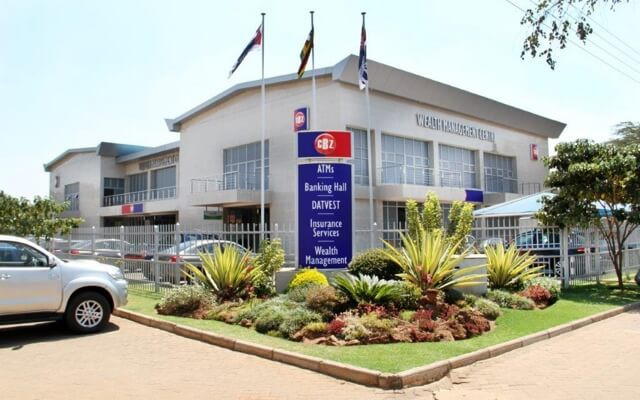
TENDER openings are a simple process, usually public, particularly in the public sector, as a show of transparency.
Nyasha Chizu
Though the process is regarded simple, it has to be conducted professionally and also attended and handled by qualified personnel, who are aware of all the related procedures. The planning of the activity is, therefore, very important. Thus, a tender opening committee must be put together and a record is kept that shall be reviewed at the end of a given period to measure the level of preparedness of the organisation to manage the simple, but very important task.
The level of preparedness is also measured by the assessment of tender opening minutes. Minutes of the process must be noted and attached to the tender report as well. The level of detail recorded in the minutes must be consistent with the minimum requirements stipulated in the organisational policy or procurement law for the private and public sector, respectively.
Evaluation then follows, with the set committee deliberating over the documents, an intricate process of analysis and considerations of every bid to its minute detail. The process must be guided by qualified members, who have experience in it, and handled professionally, as this committee is responsible for the spending of the organisation’s money from stakeholders that could be public or private to whom they will be accountable to. As such, timeframes must be adhered to. The timelines are stipulated in the procurement regulations for the public sector. It is important for tender evaluations to run within the set timeframes as prescribed or at least within bid validity periods to avoid issues with bidders.
The percentage of tender evaluations completed within the set timeline must be noted, it is a very important measure of how the committee is performing in terms of time and may indicates areas of improvements. The quality of an evaluation is not limited to time alone, it extends to the process adopted to arrive at a decision. Value for money principles and adherence to the set evaluation criteria is the emphasis in the private and public sector respectively. The measure of effectiveness then becomes the percentage of awards one in line with the principles.
The evaluation process will give the results of the tender, which may be a winning bid, a re-tender decision, or an outright tender cancellation. This may be due to the fact that all bidders failed to meet the requirements of the tender, or the tender itself having been put together inappropriately, in a way that jeopardises the buying entity.
Re-tender and cancellation are outcomes to avoid, and this can only be addressed in the pre-tender stage. These are “make or break” decisions, and their instances must definitely be recorded, investigated and evaluated to avoid further recurrences.
- Chamisa under fire over US$120K donation
- Mavhunga puts DeMbare into Chibuku quarterfinals
- Pension funds bet on Cabora Bassa oilfields
- Councils defy govt fire tender directive
Keep Reading
Some evaluation processes require the assistance of an external expert to observe matters or guide the decision-making process where necessary. This might be necessitated by a general lack of technical experts within an organisation or simply for inclusion of independent eyes in the decision-making process. It is important to take note of where their services were required and an appropriate evaluation of the circumstances for engagement and output is necessary.
The evaluation report is then prepared followed by the award of the contract. Review mechanisms of tender awards depend on organisations. A record of identified discrepancies or cases where clarity was sought is necessary to measure the performance of evaluation teams. After the approval, the contract may then be awarded to the winning bidder. The overall time taken to conclude the process must be recorded and evaluated at the end of the day to measure the performance of the processes.
Nyasha Chizu is a fellow of the Chartered Institute of Procurement and Supply writing in his personal capacity. Feedback: [email protected] Skype: Nyasha.chizu











